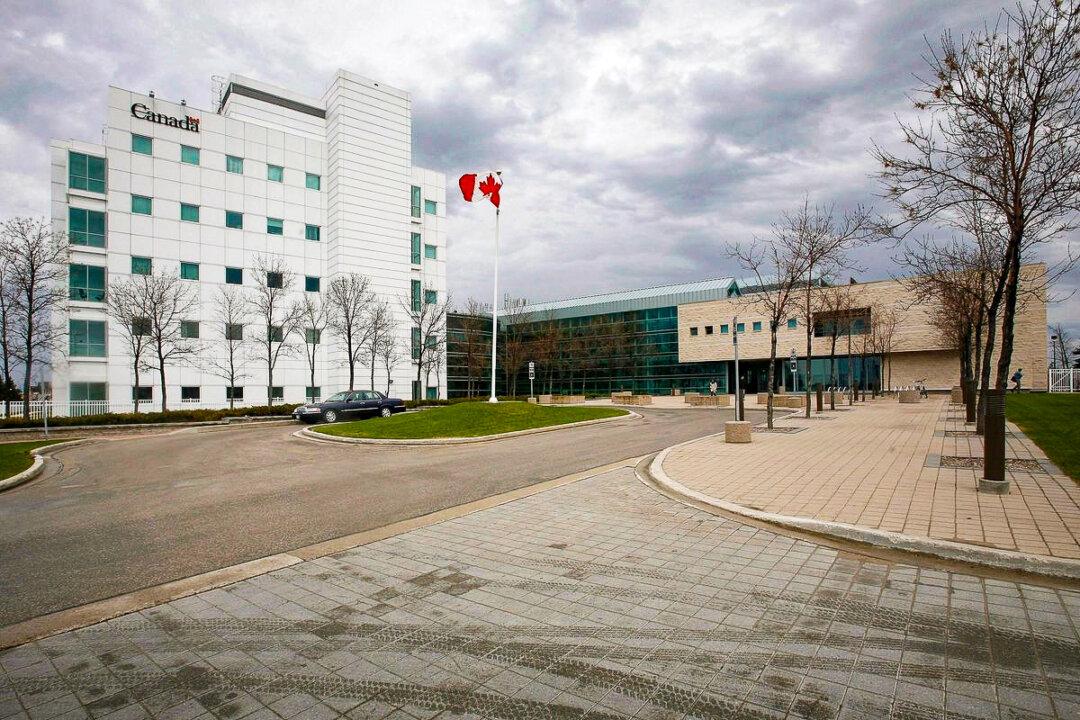A House of Commons committee is asking Ottawa to stop research collaboration with China in sensitive sectors in light of the controversy surrounding previous security breaches at Canada’s top biosafety lab.
The Canada-China committee issued a number of recommendations in its Nov. 4 report related to its study of the events at the National Microbiology Laboratory in Winnipeg. Two scientists were fired from the lab in 2021 for having been involved in security breaches and having undisclosed links to the Chinese government and military.





